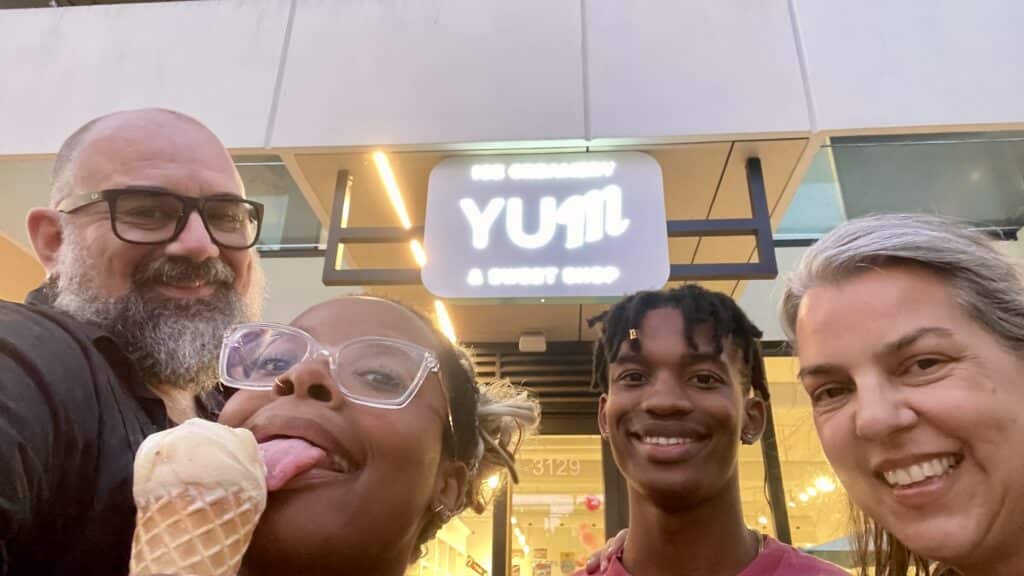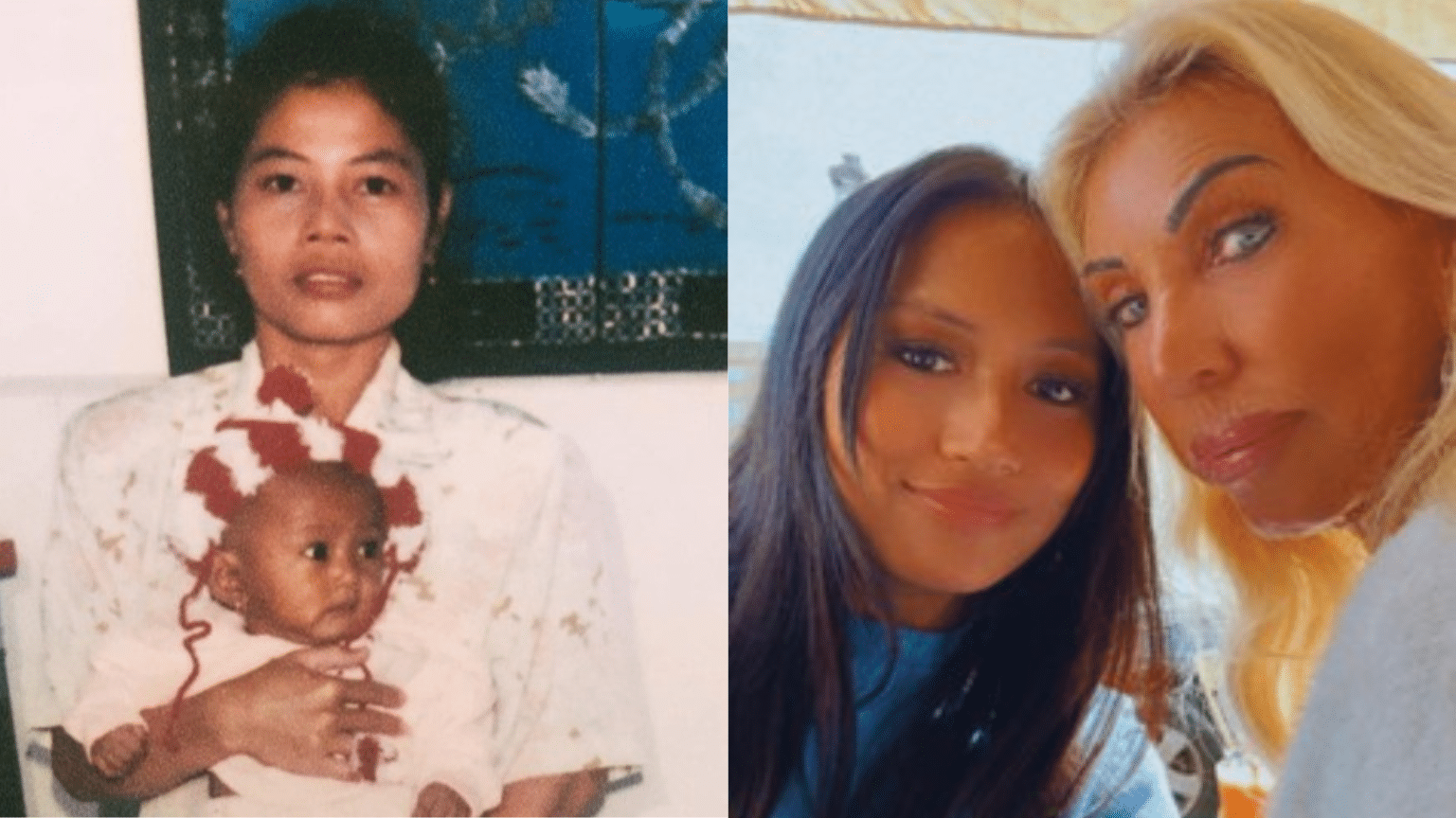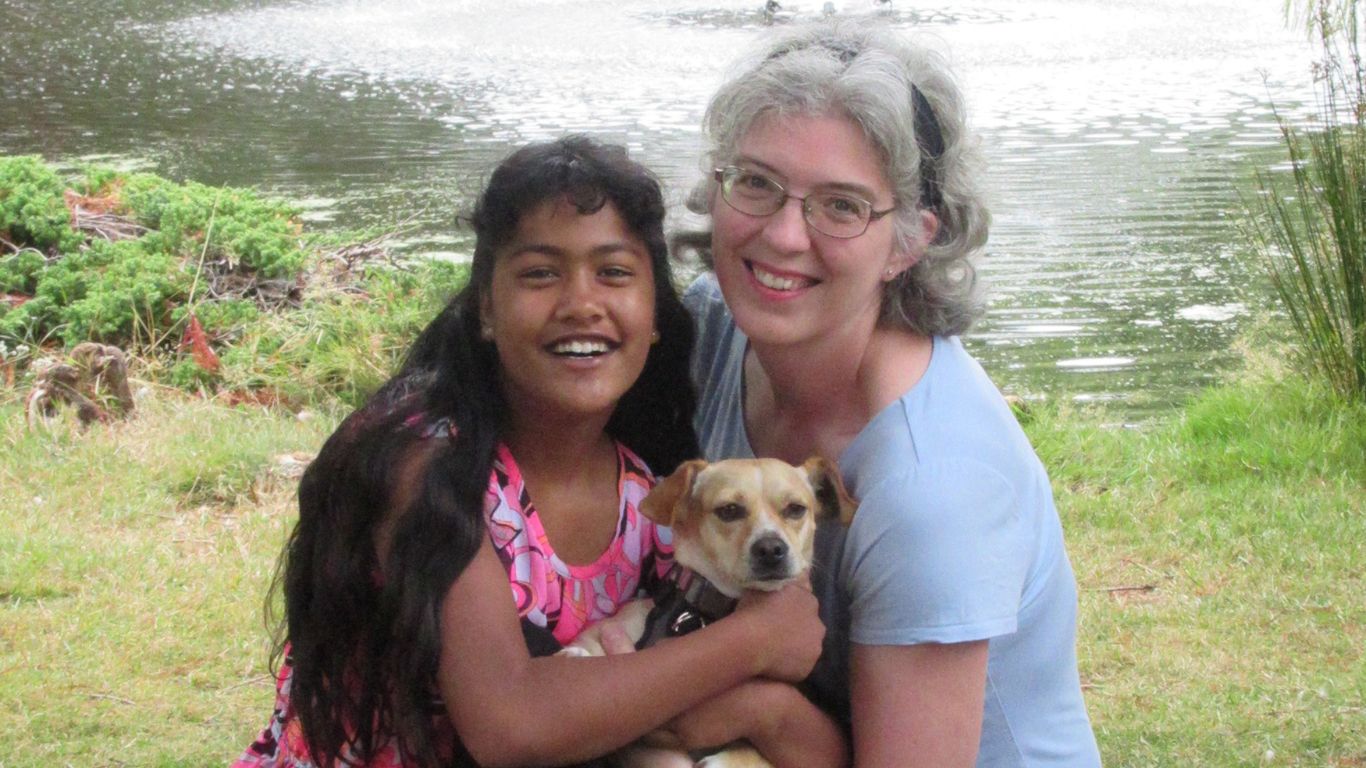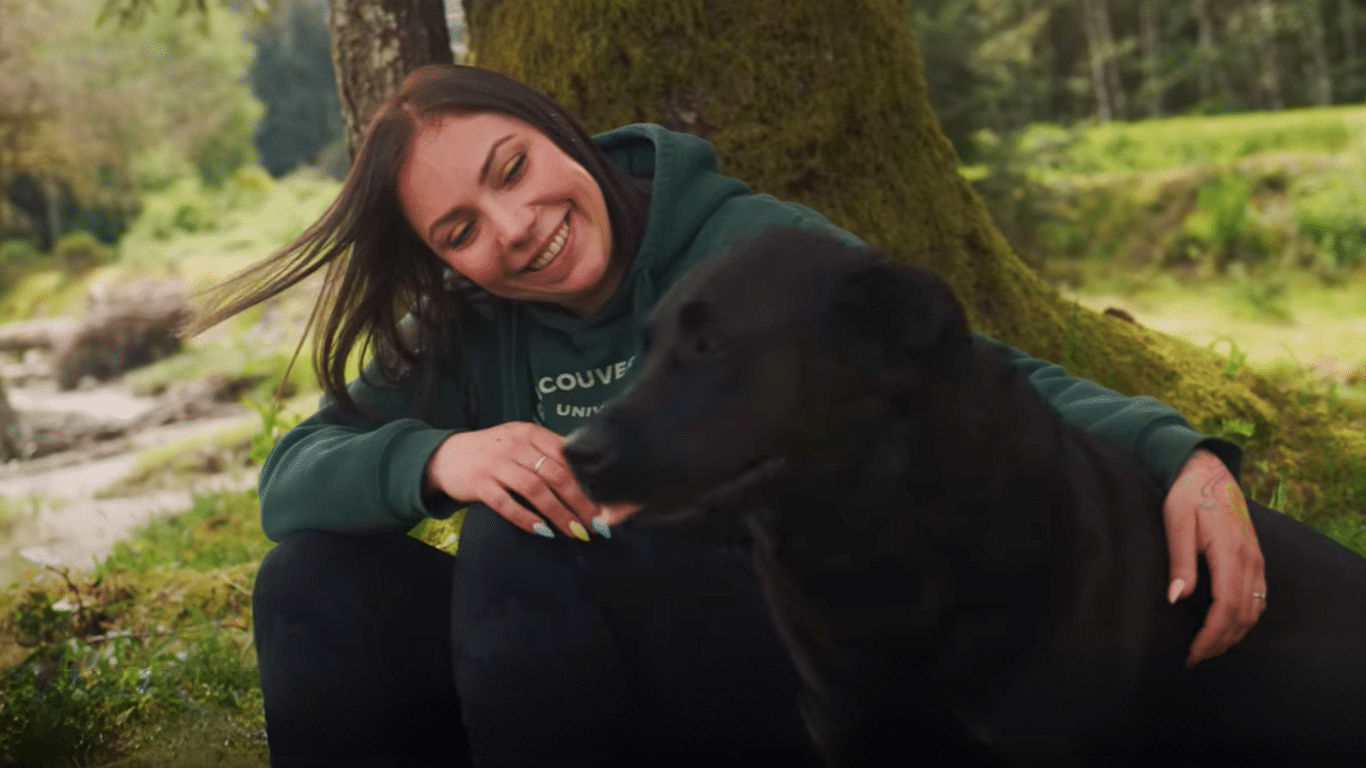I grew up in care from two years old until I turned 18. I don’t remember much of my first foster home or much of my childhood. My mom abused me, and I ended up with post-traumatic stress disorder (PTSD). I was also diagnosed with fetal alcohol spectrum disorder (FASD).
I do remember moving into my grandparents’ house at the age of four. I lived there until I was 12. It was then that my disabilities began to show. I wasn’t sure how to express myself or my feelings respectfully and maturely, and it was getting hard for my grandparents to take care of me.
Next, I moved into a foster home where I liked the people but didn’t understand why I had to leave the place where I’d spent most of my life.
I’d lock myself in the closet or car for hours, pouting and crying about how I just wanted to go back and live with my grandparents again. Occasionally I’d run away. I’d walk across town from North to South Burnaby, determined to get to my grandparents’ house.
Eventually, I came to terms with the fact I had to stay in the foster home. My foster mom helped me figure out and understand my disabilities. We went to see counsellors and got several assessments done. Over the years, my foster parents and some of the kids that came through the foster home became like my family.
| “As a former youth in care with disabilities, I want to say don’t let it hold you back from feeling like you belong. Disabilities don’t define you. They’re just a way for you to find a different path.” |
Now, as an adult, I still consider my foster mom like my “mom.” She’s helped me so much with every up and down in my crazy life. She even helps with little suggestions about being a mom because I’m now a mom myself to a wonderful 4-year-old.
My experience in care was a bit rough in the beginning, but my strong relationship with my foster mom and her lasting commitment to me was my light in the darkness. It’s helped shape me into the beautiful, independent, confident woman and mother that I am today.





